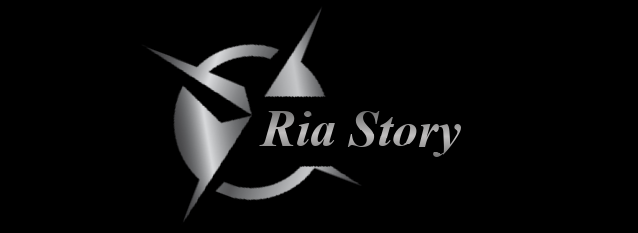“What exactly do you do?”
It’s a common enough question when I tell someone I am a motivational speaker and a success coach. The “motivational speaker” part is pretty well self-explanatory, but many people either don’t know what a coach is, or think they know and are working from a misconception.
It’s almost never a lack of knowledge that holds us back in life – all too often, we know what we should do or what we want to do, but also all too often we simply don’t do it. How many times have you read or been told to drink eight glasses of water a day? How much do you actually drink? How many of us know what a nutritious diet is? How many of us actually have one? How many of us know that we need to exercise regularly for optimal health and still don’t do it?
In the words of Tom Landry, “A coach is someone who tells you what you don’t want to hear, who has you see what you don’t want to see, so you can be who you have always known you could be.”
Often, it’s something deeper than our conscious mind holding us back and my role as a coach is to help someone identify the roadblock and then take steps to work around it. It can be incredibly rewarding when my client is finally able to achieve success but it doesn’t happen overnight. True transformation requires time, effort and energy into making change. My role as a coach includes supporting and encouraging my client but also holding them accountable for the changes they want to make. I wouldn’t be effective as a coach if I simply told my client “It’s ok, you don’t really have to follow through.”
Change can be very uncomfortable and we will work to avoid it when possible. So when we identify goals and need to change in order to achieve them, it can be an uncomfortable place. Your coach should help you realize this and support you through making the changes while also keeping you on track with what you want to do, in a supportive and nonjudgmental way. It’s more about discovering WHY you put off joining that gym or WHY you stopped exercising and helping you work through that rather than criticizing you. A good coach will help you remember why you wanted to join the gym to begin with. As a coach, I can give you the tools that will help you make changes but I cannot do it for you. My role is cheerleader, accountability partner, and thinking partner. What I actually do is help you increase your self-awareness of where you are, where you want to go, and how to close the gap in between. I ask the questions and help you find YOUR solution so you can be successful. THAT is the role of a coach.
“The journey of a thousand miles begins with a single step.” Lao Tzu
